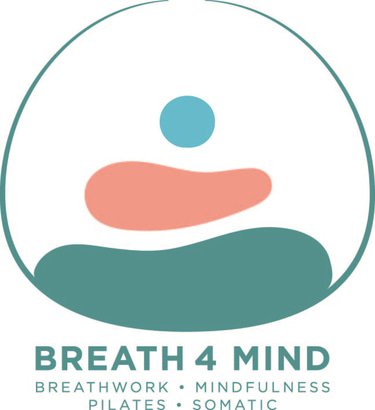What are the Benefits
of
Mindfulness/Meditation
Meditation is the habitual process of training your mind to focus and redirect your thoughts. The popularity of meditation is increasing as more people discover its many health benefits. You can use it to increase awareness of yourself and your surroundings. Many people think of it as a way to reduce stress and develop concentration. People also use the practice to develop other beneficial habits and feelings, such as a positive mood and outlook, self-discipline, healthy sleep patterns, and even increased pain tolerance.
Reduces stress
Normally, mental and physical stress cause increased levels of the stress hormone cortisol. This produces many of the harmful effects of stress, such as the release of inflammatory chemicals called cytokines.
These effects can disrupt sleep, promote depression and anxiety, increase blood pressure, and contribute to fatigue and cloudy thinking
Controls anxiety
Meditation can reduce stress levels, which translates to less anxiety.
An analysis including nearly 1,300 adults found that meditation may decrease anxiety. Notably, this effect was strongest in those with the highest levels of anxiety.
Promotes emotional health
Some forms of meditation can lead to improved self-image and a more positive outlook on life.
For example, one review of treatments given to more than 3,500 adults found that mindfulness meditation improved symptoms of depression .
Enhances self-awareness
Some forms of meditation may help you develop a stronger understanding of yourself, helping you grow into your best self.
For example, self-inquiry meditation explicitly aims to help you develop a greater understanding of yourself and how you relate to those around you.
Lengthens attention span
Focused-attention meditation is like weight lifting for your attention span. It helps increase the strength and endurance of your attention
A similar study showed that people who regularly practiced meditation performed better on a visual task and had a greater attention span than those without any meditation experience. Moreover, one review concluded that meditation may even reverse patterns in the brain that contribute to mind-wandering, worrying, and poor attention
May reduce age-related memory loss
Improvements in attention and clarity of thinking may help keep your mind young.
Can generate kindness
Some types of meditation may particularly increase positive feelings and actions toward yourself and others.
Through practice, people learn to extend this kindness and forgiveness externally, first to friends, then acquaintances, and ultimately enemies.
In other words, the more time people spent in weekly meditation practice, the more positive feelings they experienced .
Improves sleep
Nearly half of the population will struggle with insomnia at some point.
One study compared mindfulness-based meditation programs and found that people who meditated stayed asleep longer and had improved insomnia severity, compared with those who had an unmedicated control condition. Additionally, it can help relax your body, releasing tension and placing you in a peaceful state in which you’re more likely to fall asleep.
Helps control pain
Your perception of pain is connected to your state of mind, and it can be elevated in stressful conditions.
Some research suggests that incorporating meditation into your routine could be beneficial for controlling pain.
Meditators and non-meditators experienced the same causes of pain, but meditators showed a greater ability to cope with pain and even experienced a reduced sensation. of pain.
Can decrease blood pressure
Meditation can also improve physical health by reducing strain on the heart.
Over time, high blood pressure makes the heart work harder to pump blood, which can lead to poor heart function.
In part, meditation appears to control blood pressure by relaxing the nerve signals that coordinate heart function, blood vessel tension, and the “fight-or-flight” response that increases alertness in stressful situations .
Accessible anywhere
People practice many different forms of meditation, most of which don’t require specialized equipment or space. You can practice with just a few minutes daily.
If you want to start meditating, try choosing a form of meditation based on what you want to get out of it.
If your regular work and home environments do not allow for consistent, quiet alone time, consider participating in a class. This can also improve your chances of success by providing a supportive community.
Alternatively, consider setting your alarm a few minutes early to take advantage of quiet time in the morning. This may help you develop a consistent habit and allow you to start the day positively.
The bottom line
Meditation is something everyone can do to improve their mental and emotional health.
You can do it anywhere, without special equipment or memberships.
There’s a great variety of styles too, each with different strengths and benefits.
Trying out a style of meditation suited to your goals is a great way to improve your quality of life, even if you only have a few minutes to do it each day.
